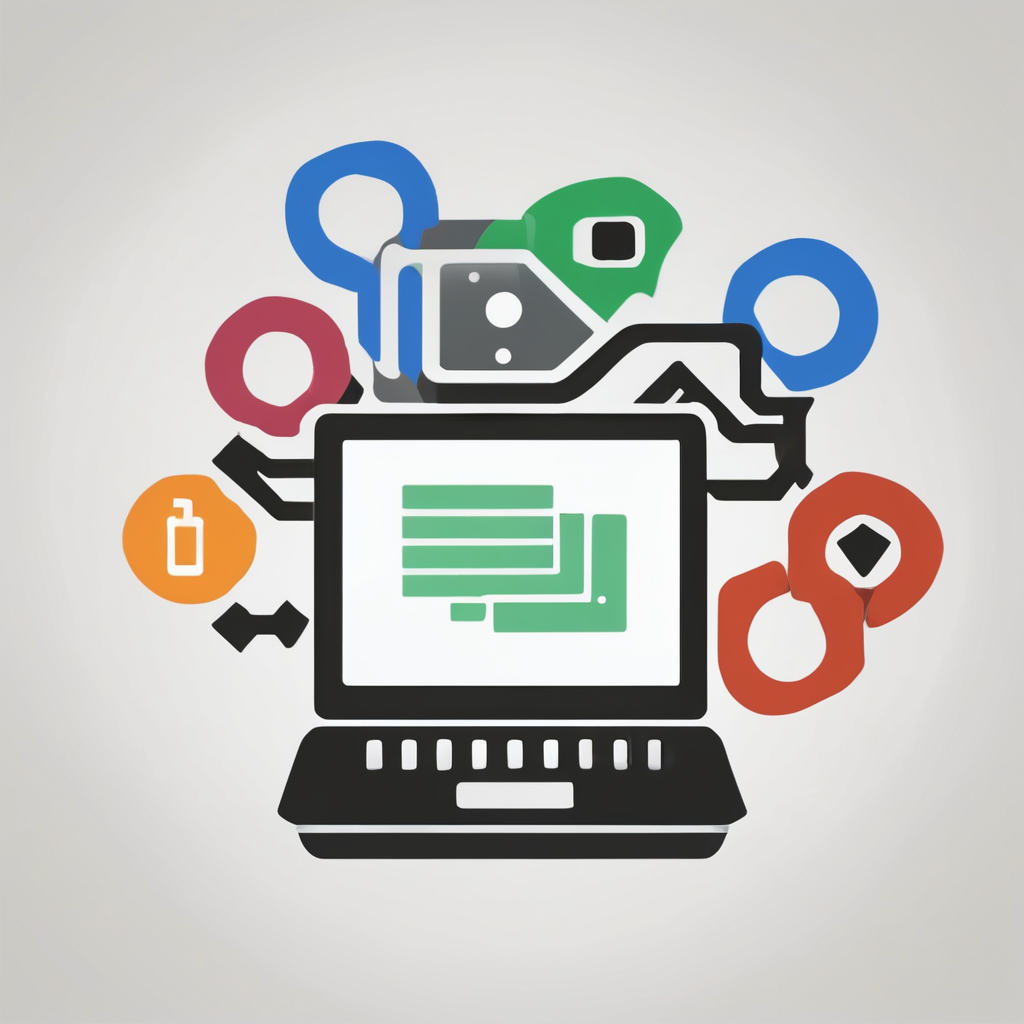Understanding Edge Computing and Its Relevance to UK Marketing
Edge computing is a technology that processes data close to its source, rather than relying solely on centralized cloud servers. This means data is handled on local devices or nearby infrastructure, reducing latency and improving speed. Unlike traditional cloud computing, which sends data to distant data centers for analysis, edge computing enables marketers to access insights almost in real time.
In the context of the UK marketing landscape, this shift is crucial. Marketing technology that leverages edge computing can deliver faster, more personalized experiences by processing customer data quickly and securely without depending on a constant internet connection. For example, UK retailers can use edge-enabled devices to analyze in-store shopper behavior instantly, optimizing offers and interactions on the spot.
Also to discover : How can UK marketers leverage machine learning for customer insights?
This localized data processing also enhances privacy compliance—a top priority under UK regulations like GDPR—since sensitive information can be analyzed closer to the customer, limiting exposure risks during transmission. For marketers targeting dynamic and highly competitive audiences in the UK, adopting edge computing within their marketing technology stack offers both agility and compliance benefits, making campaigns smarter, faster, and more data-driven.
Real-World Applications of Edge Computing in UK Marketing
Edge computing use cases have begun transforming UK marketing by enabling faster, more personalised customer experiences. By processing data near the source, marketers reduce latency and make real-time decisions that directly enhance customer engagement.
Topic to read : How can UK marketers leverage computing technology to stay ahead of competitors?
One example is in retail stores where edge computing powers smart shelves and digital displays. These devices analyse foot traffic and customer behaviour instantly to deliver tailored promotions, heightening brand interaction. Marketers then optimise campaigns dynamically based on immediate feedback, ensuring relevance and boosting conversion rates.
Event activations in the UK also benefit significantly. Edge computing enables on-the-spot data processing, allowing brands to personalise offers and content based on attendees’ preferences and interactions. This technology helps create immersive, responsive experiences that resonate deeply with participants.
A notable case study involves a major UK supermarket chain using edge computing to enhance in-store marketing. By collecting and analysing customer data at the store level, they personalised advertisements and offers without relying on cloud connectivity. This improved customer experience by reducing wait times and enabling hyper-targeted promotions, showing how edge computing use cases are revolutionising marketing strategies across the UK.
Strategies for UK Marketers to Leverage Edge Computing
Unlocking the power of edge technology for marketing success
For UK marketers aiming to enhance their marketing strategies, integrating edge computing offers significant advantages. The first step is identifying where edge technology adoption can improve data processing speed and relevance. Edge computing enables faster analysis of customer interactions by processing data closer to the source, making real-time decision-making and data-driven marketing more viable.
Aligning edge solutions with business objectives requires a clear understanding of customer touchpoints where latency reduction and immediate insights deliver value. Marketers should focus on personalisation by leveraging local data to tailor offers and content accurately.
Actionable tips include:
- Prioritize deploying edge nodes near high-traffic digital channels to improve response times.
- Use machine learning models on edge devices for instantaneous segmentation and targeting.
- Continuously measure the impact of edge-driven campaigns to refine tactics.
Implementing these strategies helps marketers transform raw data into actionable insights swiftly, driving engagement and conversion. By embracing edge computing, UK marketers can stay ahead in a competitive landscape through enhanced personalisation and targeting techniques.
Benefits for Marketing Campaigns and Customer Experience
Real-time analytics equip marketers with up-to-the-minute insights, enabling swift adjustments to campaigns. By leveraging real-time analytics, businesses can identify trends and respond to consumer behaviors instantly, enhancing the effectiveness of marketing efforts.
Personalised marketing becomes significantly more impactful when driven by edge-enabled data processing. Instead of delayed batch analysis, edge computing delivers immediate, customized content to customers based on their current context. This results in highly relevant offers and messages, improving customer engagement throughout their journey.
Improving the customer journey through personalised marketing not only increases satisfaction but also strengthens loyalty. Real-time analytics help map customer interactions dynamically, allowing brands to refine touchpoints instantly.
For companies in the UK, harnessing real-time analytics and personalised marketing provides a clear competitive advantage. Businesses can stand out by delivering tailored experiences faster than competitors, improving both conversion rates and customer retention.
In summary, combining real-time analytics with personalised marketing powered by edge-enabled technologies enhances customer engagement while positioning brands for success in a rapidly evolving marketplace.
Challenges and Considerations for UK Implementation
Understanding the hurdles and practicalities
Implementing edge computing in the UK involves navigating strict regulatory compliance frameworks. UK data privacy laws, such as the UK GDPR, impose specific requirements on data handling. These regulations emphasize data sovereignty and strict consent protocols, meaning marketing teams must ensure their edge deployments process data within the UK or approved regions. Failure to adhere can result in penalties and reputational risks.
Beyond compliance, UK infrastructure presents challenges. The geographical spread with varying connectivity quality affects the feasibility of consistent edge computing deployment. For example, rural areas often lack robust broadband, complicating real-time data processing. Addressing these infrastructure hurdles requires investment in network expansion or hybrid cloud-edge solutions tailored for diverse locales.
Cost management and technical complexity add to the challenge. Marketing teams must balance the benefits of reduced latency against the expenses of new hardware, ongoing maintenance, and skilled personnel capable of handling edge environments. Choosing scalable, modular solutions can mitigate these costs, enabling gradual adoption without overwhelming resources.
Strategic planning centered on regulatory foresight, infrastructure adaptability, and cost efficiency is essential to successfully leverage edge computing in the UK market.
Tips for a Successful Edge Computing Adoption in UK Marketing
Adopting edge computing in UK marketing demands clear strategies and structured planning. Start by selecting the right technology partners and vendors who understand local market nuances. Partner expertise ensures smooth integration and support, reducing risks associated with new technology deployment.
Staff training is vital. Equipping your marketing team with skills to manage and utilize edge technology fosters organizational readiness and eases the transition. Emphasize change management to align internal processes with the new edge computing model, promoting collaboration and innovation.
Measuring success early helps shape your strategy. Establish metrics that reflect performance improvements such as reduced latency in delivering personalized ads or enhanced data processing speeds. Regularly assess these indicators to scale edge solutions effectively, preparing for future growth.
By applying these adoption strategies and following established UK marketing best practices, businesses can leverage edge computing’s benefits while mitigating challenges. Thoughtful edge technology planning maximizes returns and positions companies to thrive in a rapidly evolving digital landscape.


